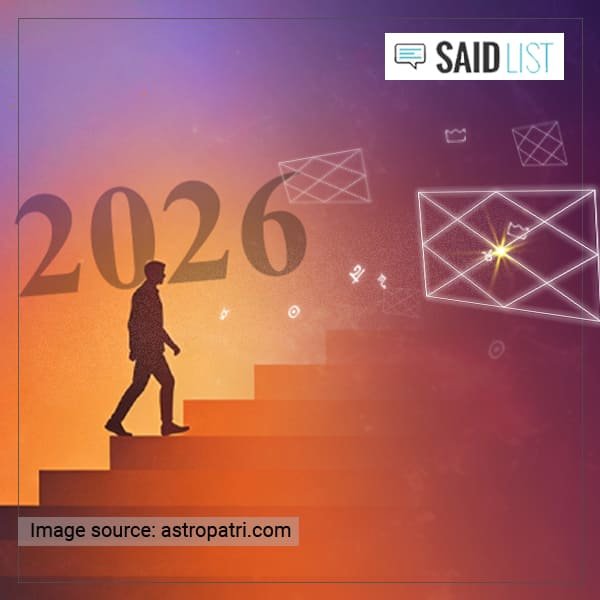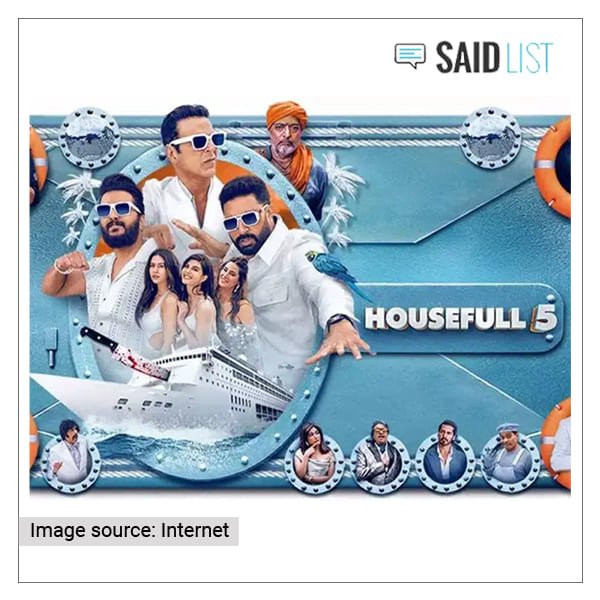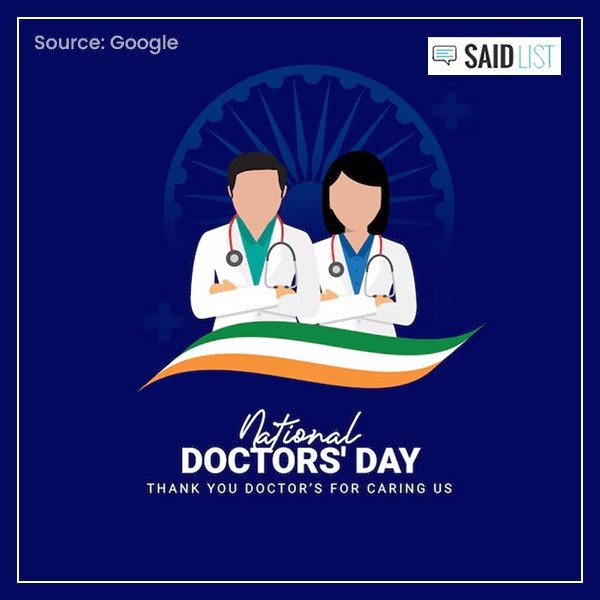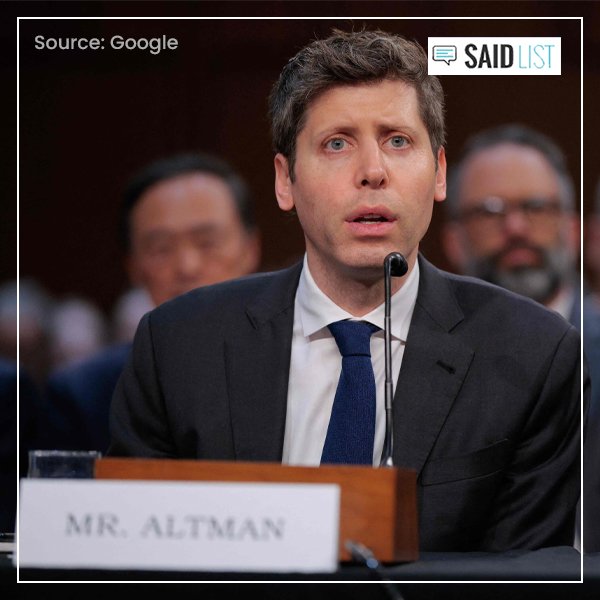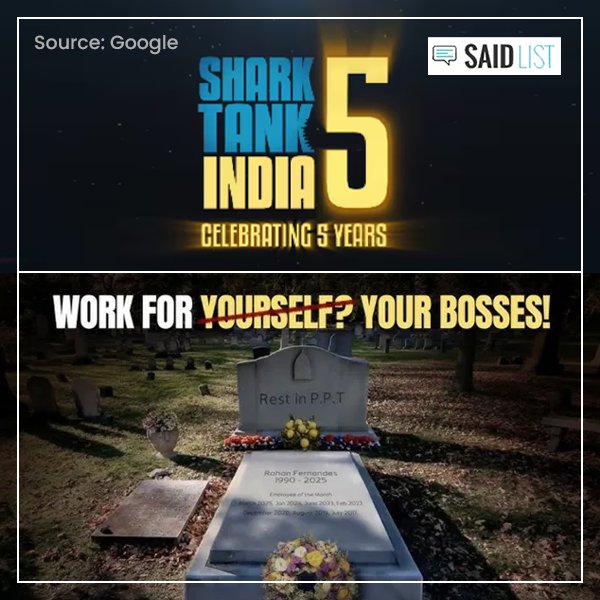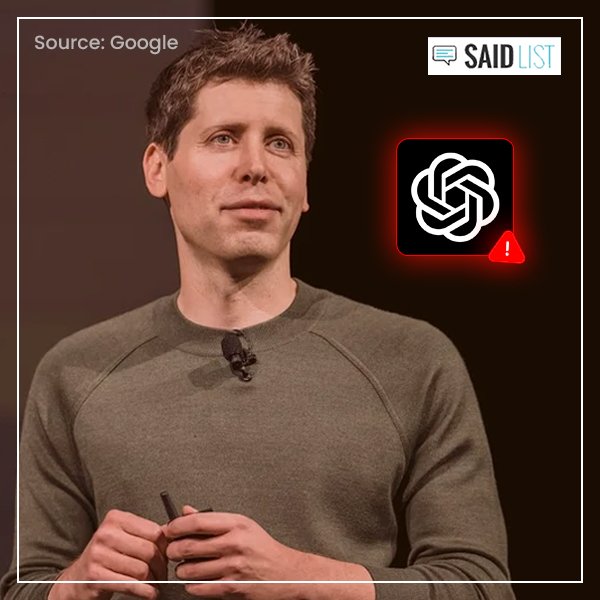In 2025, artificial intelligence is no longer just a tech trend—it’s part of our everyday lives. From school assignments and travel planning to business strategies and medical queries, AI tools like ChatGPT have become our constant digital companions. But OpenAI CEO Sam Altman just said something that should stop us in our tracks:
“People have a very high degree of trust in ChatGPT, which is interesting, because AI hallucinates.”
This statement wasn’t made in passing. It was said with a tone of real concern. And it demands attention.
Whether you’re a power user or a skeptic, Altman’s warning reveals a critical gap between how AI works—and how people are using it.
What Did Sam Altman Actually Say About ChatGPT Trust?
Speaking on the OpenAI Podcast earlier this month, Sam Altman made it clear he’s surprised—and even a bit unsettled—by how deeply people trust ChatGPT.
“It should be the tech you don’t trust that much,” he said bluntly.
Sam Altman explained that ChatGPT, like all large language models, is capable of hallucinating—a term used in AI to describe when the model makes up information that sounds plausible but is false or misleading.
This isn’t a bug. It’s a known limitation of how generative AI works. These tools predict words based on patterns in data, not by understanding truth.
Despite this, people continue to trust ChatGPT with major decisions, without questioning the validity of its responses.
A Personal Confession: Sam Altman Relied on ChatGPT as a New Parent
Perhaps the most relatable part of Altman’s commentary was his personal example.
When he became a first-time parent, he found himself using ChatGPT for everything—routine decisions, baby care tips, and even sleep advice.
“It was always on, helping me decide everything from nap routines to what to do about diaper rash,” he shared.
But then came a realization: this wasn’t safe or reliable. Altman had to pull back and remind himself that AI is not a substitute for real-world expertise or judgment.
“I had to remind myself it doesn’t always get it right.”
This confession isn’t just disarming. It’s instructional. If the CEO of OpenAI has to take a step back from overusing ChatGPT, so should we.
Why Do People Trust AI So Much?
According to experts in AI ethics and psychology, the answer lies in how AI talks.
Dr. Melissa Tran, an AI ethicist at the University of Toronto, explains it simply:
“It speaks like a confident human. That alone makes people feel like it knows what it’s talking about—even when it doesn’t.”
ChatGPT’s fluency mimics the cadence and structure of a knowledgeable person. That’s why users often accept its outputs as fact—even when they’re hallucinated or outdated.
This phenomenon is known in behavioral science as automation bias—our tendency to trust technology more than we should, especially when it appears sophisticated.
The Real Dangers of Over-Trusting ChatGPT
Trusting AI without verifying information can lead to real-world consequences. Below are four high-risk areas where blind reliance on ChatGPT can do more harm than good.
1. Medical Advice
ChatGPT is not a licensed doctor. While it can provide general health information, it cannot diagnose, treat, or consider the nuances of an individual case. Mistaking AI suggestions for professional advice could delay urgent care or encourage dangerous self-treatment.
2. Financial and Legal Information
From tax-saving tips to contract interpretations, users often ask ChatGPT for financial and legal guidance. But AI cannot assess legal jurisdictions, recent legislative changes, or personal financial details. Its advice can be incomplete or simply wrong.
3. Academic or Educational Use
Students are increasingly using ChatGPT to write essays, explain concepts, and solve equations. While helpful for learning support, relying on AI without critical thinking can result in factual errors, flawed reasoning, or even unintentional plagiarism.
4. Parenting and Personal Life
As Altman’s own story illustrates, even decisions around childcare or family life are being run through ChatGPT. But AI cannot replace human intuition, pediatric expertise, or emotional intelligence.
Sam Altman’s Call for Guardrails: Why Society Needs to Wake Up
One of Altman’s most important insights wasn’t just about hallucinations—it was about governance.
“We need societal guardrails. We’re at the start of something powerful, and if we’re not careful, trust will outpace reliability.”
This isn’t just a CEO hedging responsibility. It’s a strategic admission that AI is evolving faster than the public’s ability to evaluate it critically.
Without ethical oversight, media literacy, or usage boundaries, we risk putting too much power into a tool that still makes basic errors.
How to Use AI Like ChatGPT Responsibly?
AI is not the enemy. But it must be treated as an assistant—not an authority. Here are actionable ways to use ChatGPT responsibly and effectively.
- Use It for Drafting and Brainstorming
AI is best used as a creative partner. It can help outline emails, suggest ideas, or rephrase content. Use it to start your thinking—not to end it.
- Fact-Check All Factual Claims
When you see numbers, names, dates, or citations—verify them independently. Don’t trust AI to provide the most current or accurate information.
- Avoid Relying on AI in High-Stakes Situations
If your decision affects health, finances, legal standing, or safety, consult a real expert. ChatGPT can give ideas but should not determine outcomes.
- Combine AI With Human Judgment
The best use of AI is collaborative. Let it do the heavy lifting, but apply your own experience, emotional intelligence, and verification before acting on it.
What Content Creators and Businesses Must Learn from This?
For marketers, editors, and SEO professionals, Altman’s warning carries even deeper implications.
Using AI-generated content without fact-checking or human curation can:
- Damage brand trust
- Lower Google rankings due to misinformation
- Violate platform policies (especially in YMYL niches like health or finance)
The future of content is not AI-only—it’s AI + human oversight. Brands that master this hybrid model will build more credibility and outperform competitors in long-term search visibility.
Conclusion: Trust the Tech, But Trust Yourself More
Sam Altman’s warning is not anti-AI. It’s pro-responsibility.
ChatGPT and tools like it can change the way we think, learn, and work. But only if we use them with awareness. AI can sound smart, but sounding right is not the same as being right.
So the next time ChatGPT gives you an answer that feels definitive, pause. Think. Check. Validate. Ask yourself—do I believe this because it’s right, or because it was said with confidence?
The future of AI will depend not just on how good the models get—but on how well we, as humans, learn to use them wisely.



